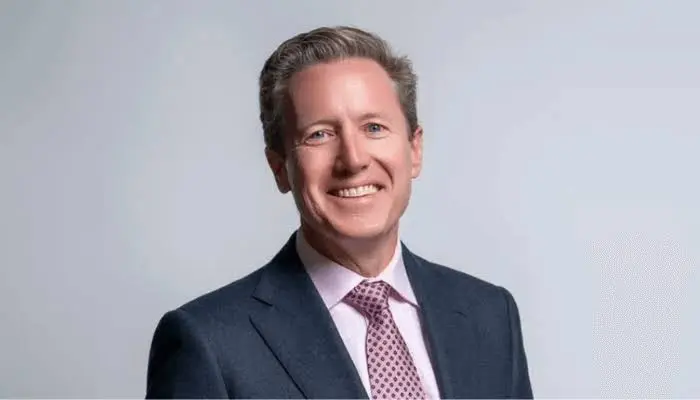Nigeria’s Dangote Refinery, one of Africa’s largest oil refining projects, has appointed David Bird, former CEO of Oman’s Duqm Refinery, as the new head of its petroleum and petrochemicals division. Announced by S&P Global Commodity Insights, the appointment will take effect in July 2025, positioning Bird to spearhead efforts to resolve ongoing production hurdles and drive expansion at the $20 billion facility.
With decades of experience in global energy projects, including leadership roles at Duqm’s flagship refinery in Oman, Bird is tasked with optimizing output at the 650,000-barrel-per-day Lagos-based complex. The refinery, owned by billionaire industrialist Aliko Dangote, aims to scale operations amid plans to distribute gasoline and diesel nationwide starting August 2025. This rollout, however, has drawn resistance from Nigeria’s petroleum marketers, who argue the move could disrupt existing supply chains.
Aliko Dangote will remain chairman of the refining business, retaining oversight of strategic decisions. Since commencing fuel production in September 2023, the refinery has steadily increased its output, though operational delays and logistical challenges have slowed progress. The facility, designed to reduce Nigeria’s reliance on imported fuel, represents a cornerstone of the country’s ambitions to become a net exporter of petroleum products.
Bird’s hiring signals a strategic push to streamline operations ahead of critical expansion milestones. His expertise in managing large-scale refineries is expected to bolster the plant’s capacity to meet domestic demand and compete regionally. The refinery’s planned August 2025 distribution timeline coincides with broader efforts to address Nigeria’s fuel shortages, though tensions with local marketers highlight the complex dynamics of reforming the nation’s energy sector.
As sub-Saharan Africa’s largest refinery continues to ramp up production, industry analysts are closely monitoring its potential to reshape regional fuel markets. The project’s success could significantly curb Nigeria’s $10 billion annual fuel import costs, offering economic relief amid inflationary pressures. Challenges persist, including infrastructure constraints and regulatory uncertainties, but the appointment of a seasoned executive like Bird underscores Dangote’s commitment to navigating these hurdles.
